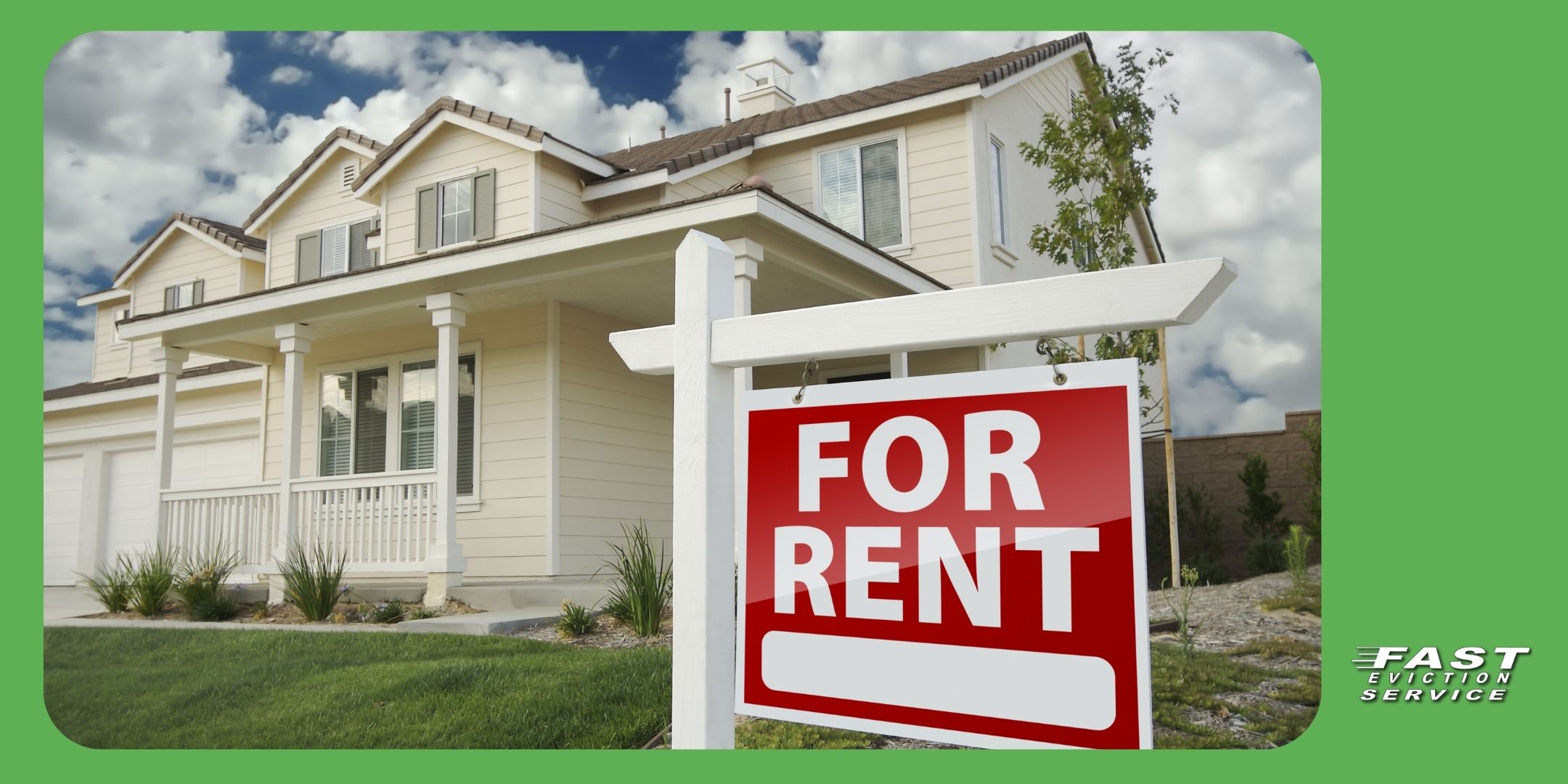Updated 7/31/2024
In this article, we’ll go over the Plaintiff’s Mandatory Cover Sheet and Supplemental Allegations – Unlawful Detainer. For the sake of time, we’ll refer to this new form as UD-101 from this point forward. If you have any questions or need further assistance, please contact us for a free consultation.

As of October 5th, 2020, landlords are required to file a new form labeled UD-101 along with the eviction. The new form is a 4-page cover sheet that requires landlords to provide details as to why the eviction case should proceed during the COVID-19 pandemic. The form was introduced as part of the AB 3088 bill.
Purpose of UD-101
The new form will help give the judge the information they need to determine two things. First, does the eviction case involve residential property? Or does it involve commercial property that is not covered by the COVID-19 Tenant Relief Act? Second, it will help determine if the complaint has to do with non-payment of rent or another basis for eviction.
Key Components of UD-101
Filling out the UD-101 form accurately is crucial. Here are the key components you need to include:
- Plaintiff and Defendant Information: This section requires the names and contact information of both the landlord (plaintiff) and the tenant (defendant). Make sure to provide complete and accurate details.
- Property Information: Include the address of the rental property in question. This ensures the court knows exactly which property is involved in the eviction case.
- Basis for Eviction: Clearly state the grounds for the eviction. Common reasons include non-payment of rent, violation of lease terms, or the end of the lease term. Providing specific details helps the court understand the context of the eviction.
- Rental Agreement Details: Include information about the rental agreement, such as the start and end dates, the agreed-upon rent amount, and any pertinent clauses that the tenant may have violated.
- Rent and Payment History: Document the tenant’s payment history, highlighting any missed or late payments. This section is crucial if the eviction is due to non-payment of rent.
- Supplemental Allegations: This section allows you to provide additional details supporting your case. For instance, if the tenant violated specific lease terms, you can elaborate on these violations here.
Current Legal Landscape
Keep in mind that, as of the publishing of this article, the courts are not carrying out evictions for non-payment of rent, as established in AB 3088. The protections are in place until January 31st, 2021. This means that landlords need to be particularly thorough when filling out UD-101 to ensure compliance with current regulations and to provide a clear and compelling case for eviction.
Additional Forms and Tenant Protections
We’d like to add that other forms were created as well to assist tenants. For example, UD-104 gives the tenant an opportunity to prove there was good cause for not providing the landlord with a declaration of COVID-19-related hardships as required by AB 3088. The declaration is required by the tenant after the landlord serves them a 15-day notice for non-payment of rent.
Fairness and Considerations
Do you think this is fair, considering landlords get no breaks when it comes to meeting deadlines and requirements? The current landscape presents significant challenges for landlords, who must navigate complex legal requirements while often receiving no leniency.
Understanding and properly completing the UD-101 form is essential for landlords seeking to navigate the eviction process during these challenging times. By providing all necessary information and adhering to legal requirements, landlords can better position themselves for a successful outcome.
If you have any additional questions about the most current eviction process procedures or need further assistance, please contact us for a free consultation. We are here to help you navigate these complexities and protect your rights as a landlord.


